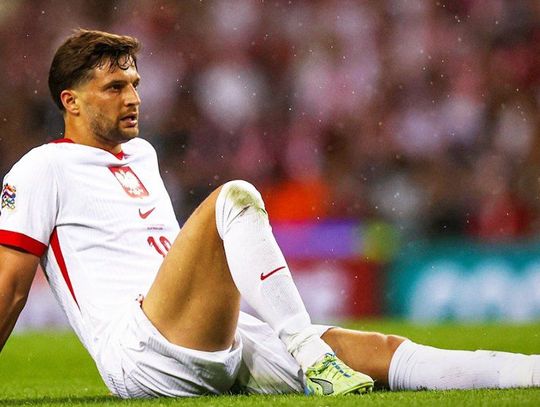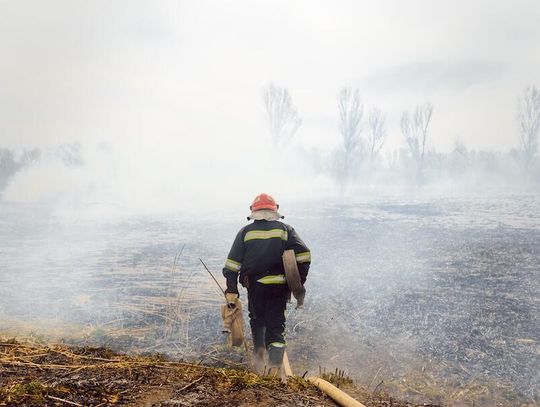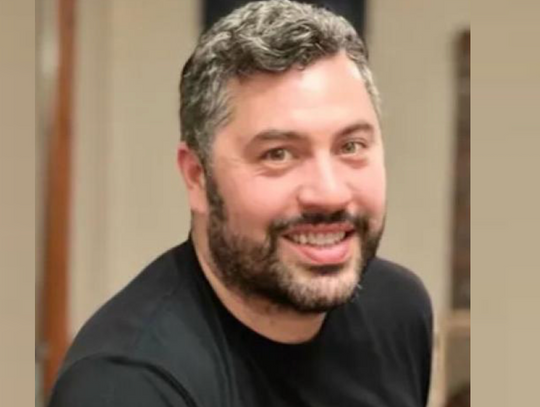Olympic swimmer Allison Schmitt recently revealed her personal battle with depression, bringing attention to mental health problems in young people. Wynne Korr, dean of the School of Social Work at the University of Illinois, is an expert on planning and evaluating services for people with mental illnesses and other disabilities. Korr spoke recently with News Bureau education editor Sharita Forrest about the challenges of diagnosing and providing treatment for this vulnerable population.
What are the challenges of recognizing and treating mental illnesses in children?
There are gaps in our knowledge base. In the last 20 years or so, there’s been substantial research on what works in community-based services. Many different models have emerged – multi-systemic therapy for children whose problems bring them into contact with mental health, child welfare and criminal justice; different home and community- based services; and wraparound services.
There are so many things that we know how to do to try to help children in the community. Unfortunately, we still have a large number of children who end up needing more restrictive care in inpatient and residential settings. And that’s where I see a gap in research.
When I talk to people who work in these settings or who work with people who are referring kids to these settings, they’re dedicated. They’re doing it because they really want to help kids and families, and they want to use the best possible services. But sometimes they don’t have the right toolkit.
Assessing and treating adults with mental health problems can be challenging, but those challenges must be compounded when the clients are children. What are the current perspectives on treating young people?
I think that people are now looking at alternatives to the old toolkit of behavior modification, which didn’t seem to fit this population.
These tend to be multi-problem kids. We don’t always understand the nature of their problems and how to address them, or how to help staff members and children’s families so these young people can be restored to their full potential and included in their communities and families.
We don’t want to restrain kids who act out with physical aggression. We want to respect their dignity, but we don’t know how to help them get beyond that stage. It’s just very difficult. Overmedication isn’t the answer. So what do we do?
We know that a fair number of children have multiple hospitalizations. Something isn’t going right when that happens. We always want to look at those who come back too often and ask, “What’s going on? Where are the system and the person failing? How can we turn inpatient hospitalization into something that links to the family and the community quickly?”
We need to be able to assess, provide the right kind of brief intervention and get children back home to help them succeed.
The state of Illinois’ budget impasse and ongoing financial problems have hit human services agencies particularly hard. What’s the current status of children’s mental health services in Illinois?
I’ll start with the good news. I think a lot of people are paying attention to the needs of children with behavioral health problems and are trying to make the systems of care better.
The difficult news is, of course, that the multiple years of budget problems have really diminished the capacity of community-based providers to provide the best evidence- based services, so there are big gaps.
For example, we’ve always had a shortage of child psychiatrists in Illinois. I found a piece written 50 years ago by my husband, Donald Brieland, a former dean of the School of Social Work at the U. of I. and the inaugural director of the Illinois Department of Children and Family Services. In that paper, he was talking about the needs in child mental health, and could we do more.
Are there any initiatives underway to address these needs and service gaps?
The state of Illinois is really trying to move toward using the best home- and community- based services and systems of care approaches, and that’s exciting.
Last February, Gov. Bruce Rauner announced the formation of the Governor’s Cabinet on Children and Youth, and hopefully that will lead to interagency policies that will support children in the best possible way. While the cabinet will be addressing all kinds of issues, we know that these will have to include behavioral health because that’s a problem that cuts across so many of the agencies that serve children.
Michele Mariscalco, dean of the College of Medicine here on campus, laid the groundwork for a psychiatry residency program in partnership with Carle Foundation Hospital, Presence Covenant Medical Center and the VA Illiana Healthcare System. That will put more psychiatrists in the pipeline to serve children and adults in central Illinois.
(U. of I. News)
Photo: mcconnmama/pixabay.com
What are the challenges of providing services for children with mental illnesses?
- 08/16/2016 09:27 PM
Reklama










